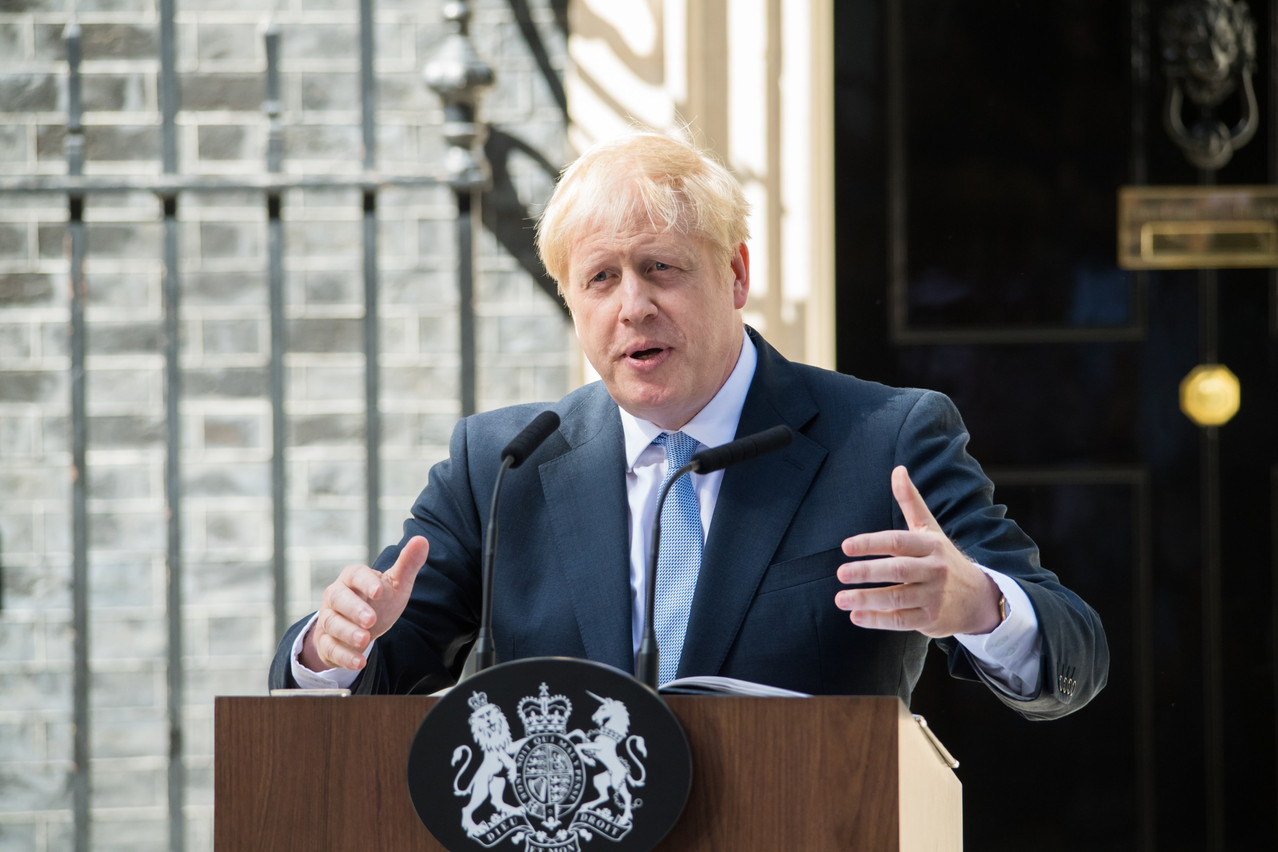Reform of UK financial regulations post-Brexit is apparently on hold until the new government is formed. Asked about the potential impact of Johnson’s resignation on the financial sector, a spokesperson for lobby group TheCityUK told Delano: “We are not looking to comment right now.”
It is unclear how the change in leadership will influence UK corporate and sovereign debt ratings. “A potentially lengthy leadership contest within the ruling Conservative Party following Boris Johnson’s resignation will slow policy implementation to tackle mounting cost of living pressures and stagflation concerns,” Evan Wohlman, vice president at the credit ratings agency Moody’s, said on Thursday. “We expect the next government will face a persistently high government debt burden given political pressure for looser fiscal policy.”
Read also
For the grand duchy, a similar position is observed. A spokesperson for Luxembourg prime minister Xavier Bettel stated that: “relations between Luxembourg and the UK are rooted not only in tradition and shared history, but most importantly in the friendship between their peoples. We don’t expect this to change in the near future.” They, however, refrained from commenting in more detail on the news.
The British Chamber of Commerce (BCC) also responded to Delano’s query. Though the chamber refrained from commenting on the political situation, it stated that: “We believe that the many years of Brexit negotiations have created a lot of stress and uncertainty for our members. Some have suffered economically, others have succeeded to strive. As a business platform we support decisions and events that avoid the creation of economical stress or uncertainty for our members. They must be able to rely on negotiations and deals that were made and that guide their entrepreneurial decisions. Their companies, staff and families depend on this.”
